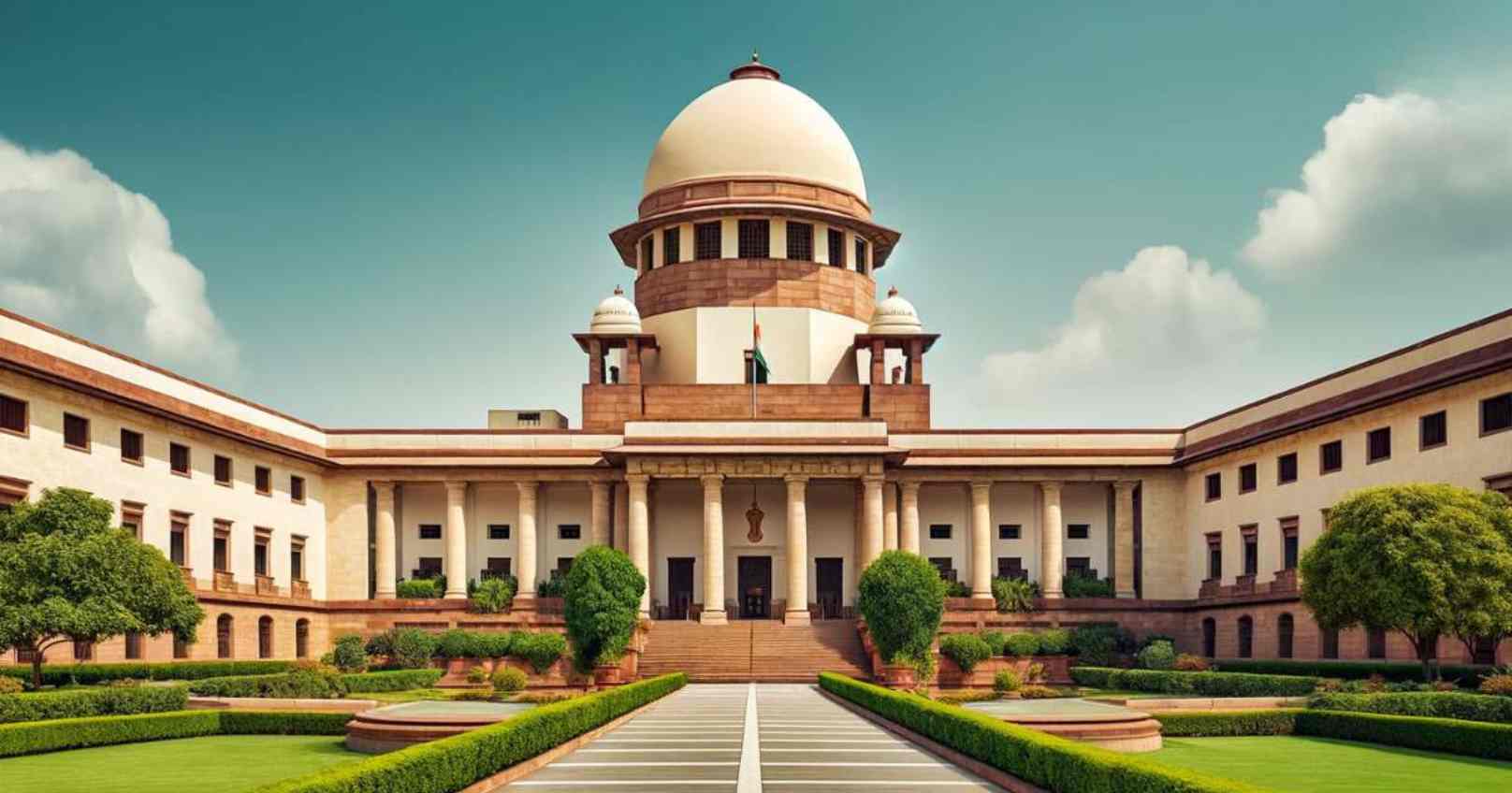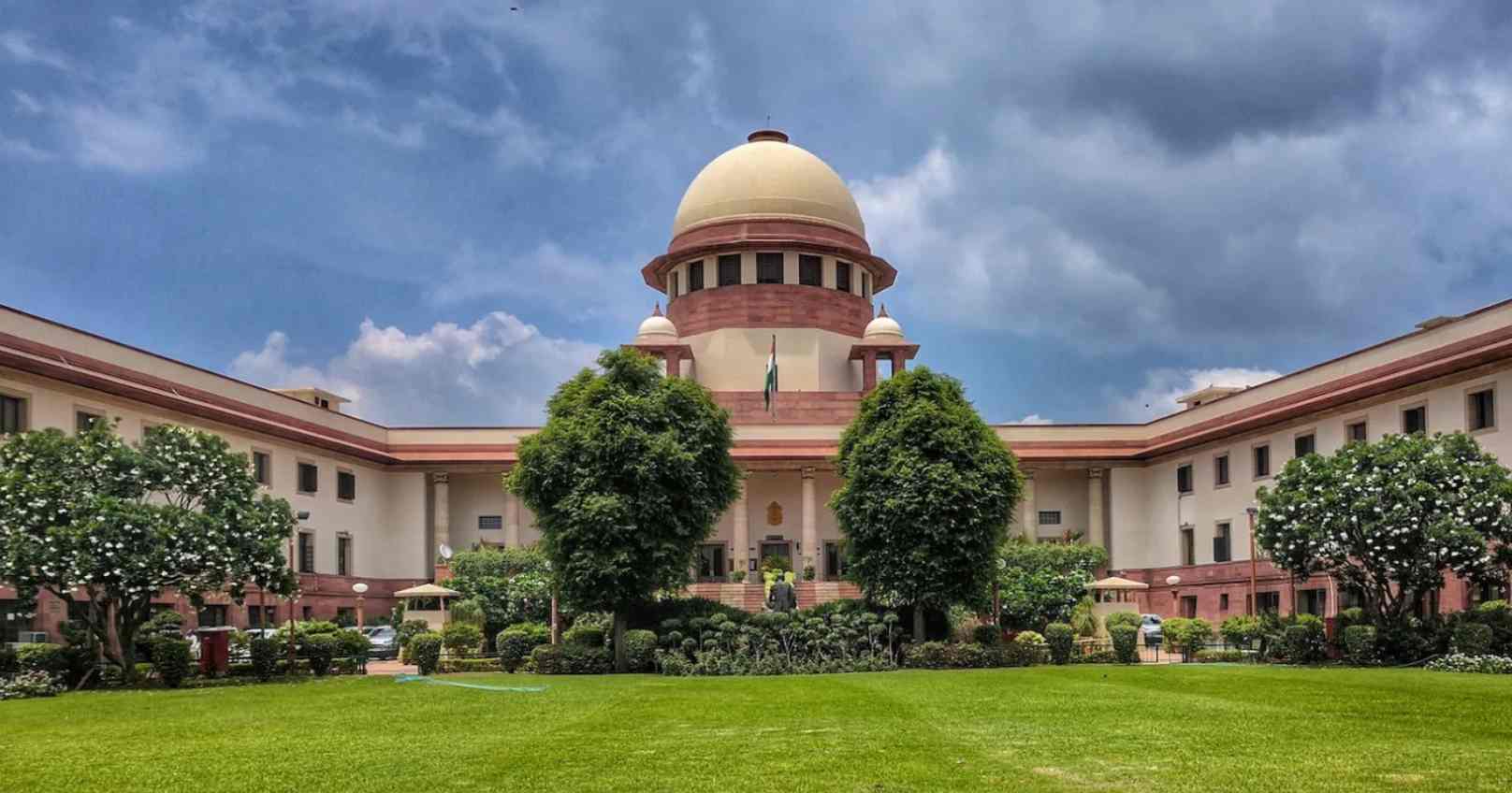The central government has informed the Supreme Court that there is no need to criminalize marital rape, as existing laws already provide "suitably designed punitive measures." The Centre emphasized that it is beyond the Supreme Court's jurisdiction to take such a step and that the issue of marital rape is more of a social matter than a legal one, with potential widespread effects on society.
According to the Centre, the matter cannot be decided without comprehensive consultation with all relevant stakeholders, including input from each state. While acknowledging that marriage does not negate a woman's consent and that any violation of this consent should carry penal consequences, the Centre argued that the nature of these consequences within marriage differs from those outside marriage.
The government stated that while sexual relations are expected within a marriage, this does not grant a husband the right to force his wife into sexual activity. However, the Centre contended that punishing such acts under anti-rape laws might be excessive and disproportionate.
To address the issue, the Centre highlighted existing legal protections for married women, including provisions against cruelty under current laws and the Protection of Women from Domestic Violence Act, 2005.
The government argued that sexual relations are only one aspect of marriage, and given India's socio-legal context, the legislature may view protecting the institution of marriage as essential. Therefore, the Centre said, it would not be appropriate for the court to strike down the exception regarding marital rape.







